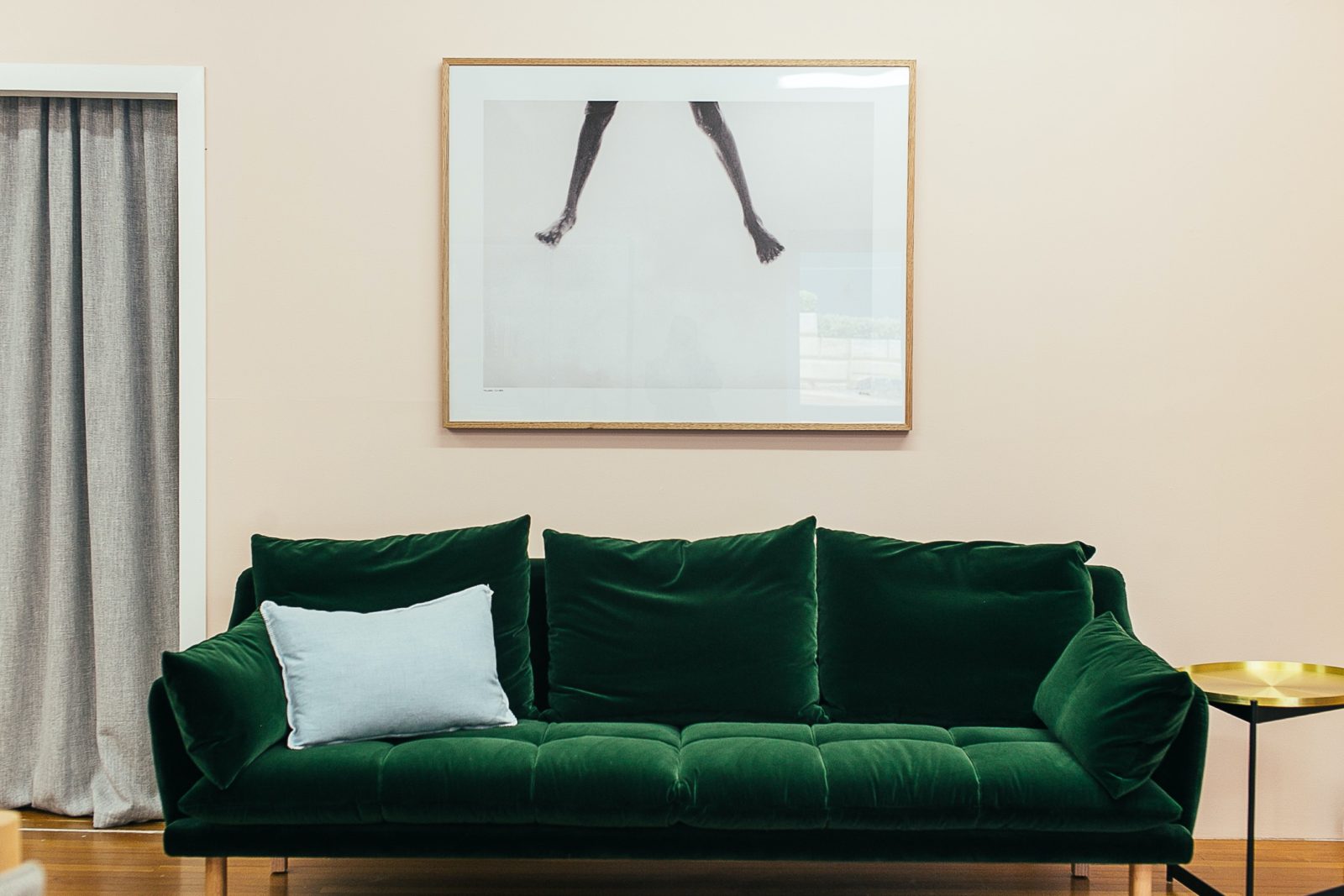Finding affordable housing in Prague has become increasingly complex over the past few years, and recent data shows that the situation is only getting worse. According to a CG-Index report released by the Central Group, a Prague-based development company, in the first quarter of 2022, it took the average Prague resident 16.6 years to save up for a new 70-square-meter apartment, up from 17.3 years in the first quarter of 2021.
The report cites several factors contributing to the housing affordability crisis, including the slow permitting process, high construction costs, and expensive financing options. While the report suggests that new apartments could be up to 15% cheaper with faster permitting and increased construction, the current market is not reflecting that trend. Instead, prices for new apartments have risen 4% over the past year and continue to grow.
On the other hand, older apartments have decreased prices, with panel apartments dropping by 9% and more senior apartments dropping by 6%. This trend is expected to continue, with prices likely to fall further. However, this creates a broader gap between new and old apartments, with new apartments being up to 150% more expensive than those from 2015, according to the Central Group.
The rising prices for new apartments are not unique to Prague, but the city has the worst affordability among neighboring metropolises. In Bratislava, a similar apartment can be purchased for the equivalent of 14.7 years of wages, while in Vienna, it would take 9.5 years, and in Berlin, only 8.6 years.
The situation has prompted the Central Group to call for changes in the permitting process, lower interest rates, and cheaper construction materials to address the issue. The group has also highlighted the need for more affordable apartments in Prague, with 140,000 new apartments currently in the planning stages. These new units could house 300,000 people, but the slow permitting process limited construction to just 5,000 units in 2021. This is 3,000 fewer than the record-breaking year of 2020.
The housing affordability crisis in Prague has created a ripple effect, with rising rental prices and limited availability. The rental market has seen an increase in prices, with the only exception being in Brno. In addition, the number of new construction starts has fallen by approximately 2,700, according to the Czech Statistical Office.
In conclusion, the housing affordability crisis in Prague is a growing challenge for residents, with prices continuing to rise and the availability of affordable housing limited. The situation is unlikely to improve without changes to the permitting process, materials costs, and interest rates. The Central Group’s report highlights the need for more affordable housing and a faster permitting process to alleviate the growing challenge for Prague residents.





